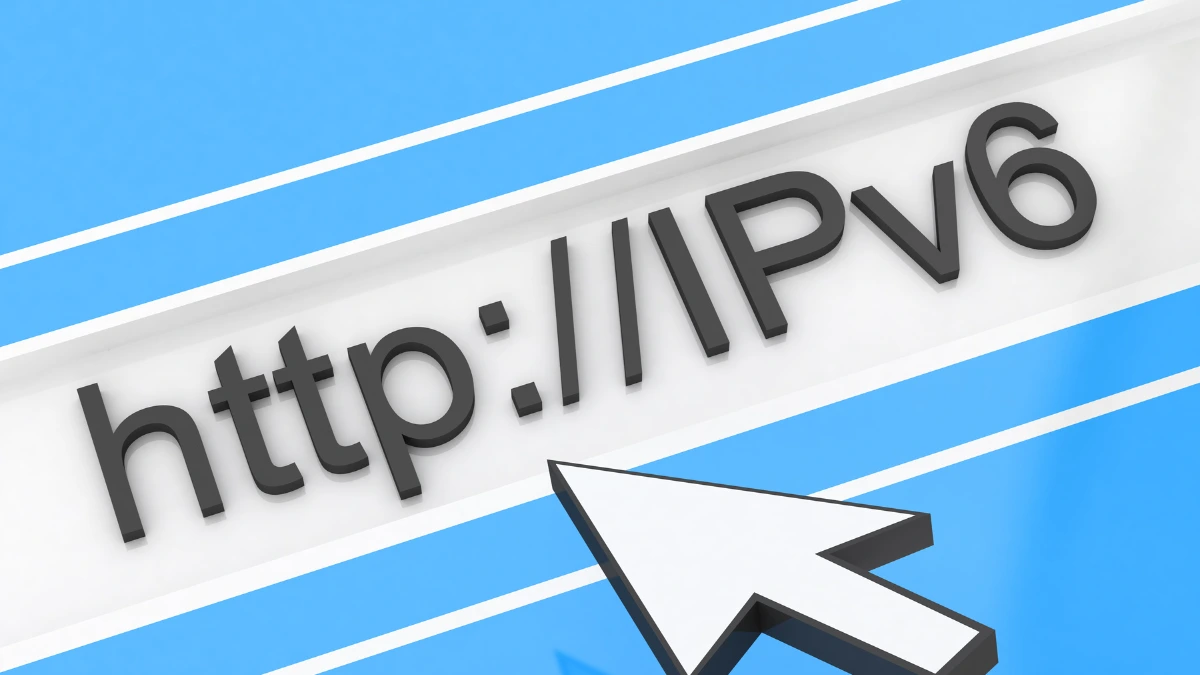The advantages and disadvantages of IPv6 or Internet Protocol version 6 cannot be separated from being things that need to be considered before using it.
Even though it offers a much larger address capacity and advanced features, the advantages and disadvantages of IPv6 also need to be considered.
Designed to support future network growth and complexity as a solution without avoiding the advantages and disadvantages of IPv6.
In this article, we will explain the advantages and disadvantages of IPv6 that you need to know.
Advantages and Disadvantages of IPv6
Like the development of other technologies in general, IPv6 in its development also has advantages and disadvantages that need to be considered. Following are the advantages and disadvantages of IPv6:
Advantages of IPv6

With quite a lot of benefits, of course, IPv6 has several reliable advantages. The following are the advantages of IPv6:
Better security
IPv6 includes stronger security features compared to IPv4. For example, support for IPsec (Internet Protocol Security) is implemented natively in IPv6.
IPsec provides encryption and authentication of network traffic, increasing the privacy and security of communications.
Automatic configuration
IPv6 presents an auto-configuration highlight that makes it less demanding to set IP addresses on gadgets.
IPv6 devices can automatically generate valid IP addresses when connected to a network, without the need for manual configuration. This feature makes network administration easier and reduces configuration errors.
Larger address space
IPv6 uses 128-bit IP addresses, which provide a very large address space. It is estimated that there are over 340 undecillion (3.4×10^38).IPv6 addresses available.
This ensures that there are enough unique IP addresses for every device connected to the internet, including the growing number of IoT devices.
Disadvantages of IPv6

Even though we can enjoy several advantages and benefits from the development of IPv6 together, several things need to be considered regarding the shortcomings of IPv6. The following are the disadvantages of IPv6:
Support limitations
Although support for IPv6 is growing, there are still some devices, operating systems, and applications that may not fully support IPv6. This can cause compatibility issues or connection failures in environments that adopt IPv6.
Infrastructure and implementation
Implementing IPv6 requires changes and upgrades to existing network infrastructure. This includes hardware (routers, switches) and software (operating systems, applications) that need to fully support IPv6.
Some organizations may face challenges in migrating and managing the switch to IPv6.
Compatibility with IPv4
One of the main drawbacks of IPv6 is its lack of direct compatibility with IPv4. Although mechanisms exist to facilitate connections between IPv6 and IPv4 networks, such as tuning and dual stack, the transition from IPv4 to IPv6 can require additional effort and complexity in network management.
These are some of the advantages and disadvantages of IPv6 that you need to know to consider when using it. Hopefully, this article is useful for you to find out more information about IPv6.

